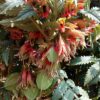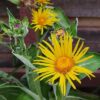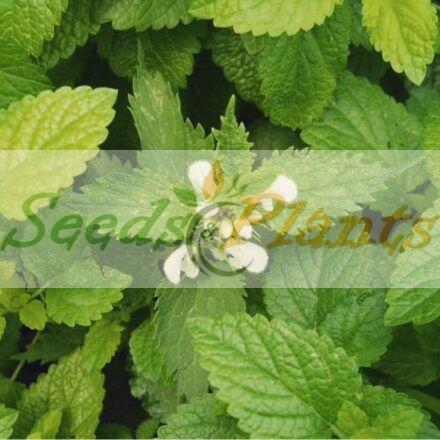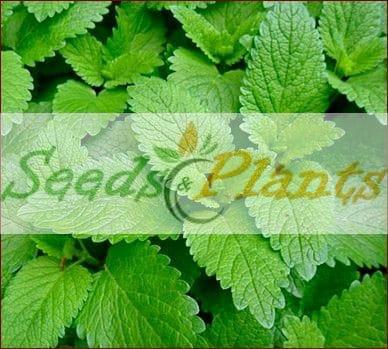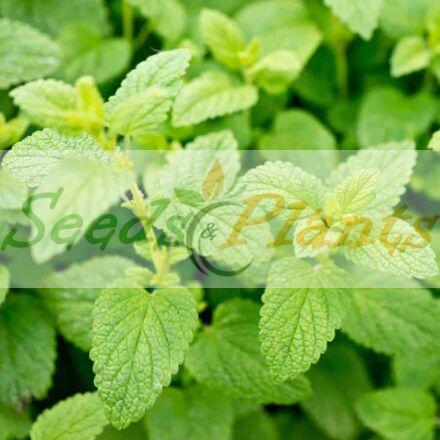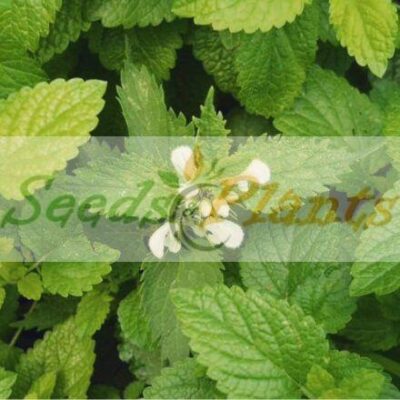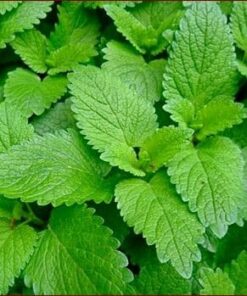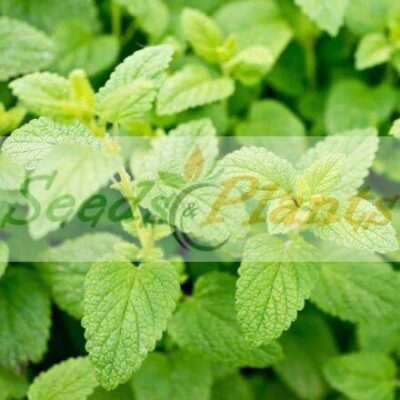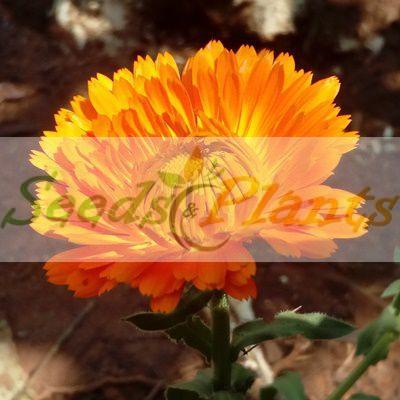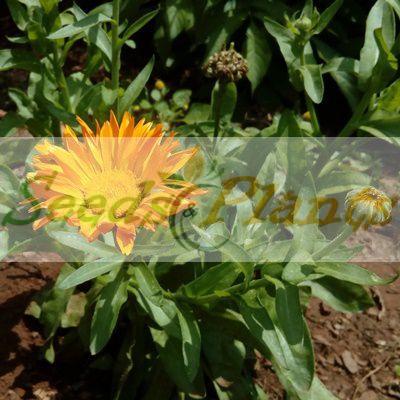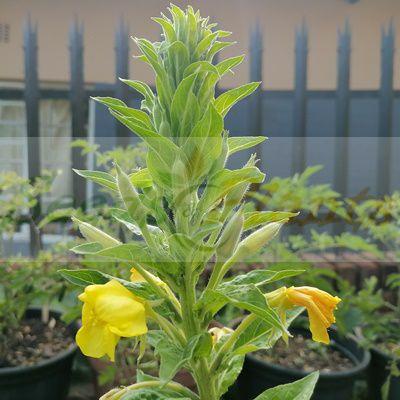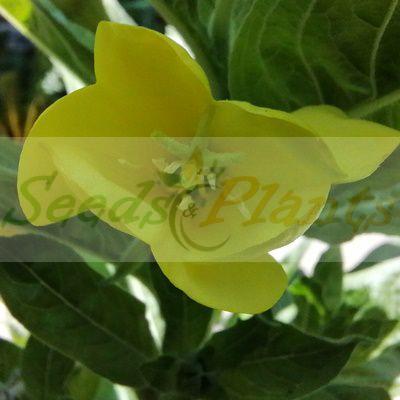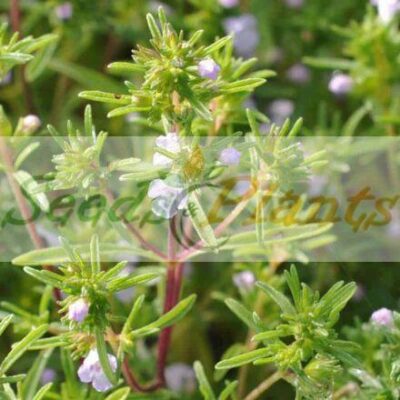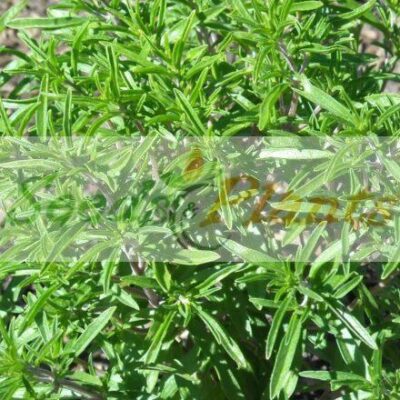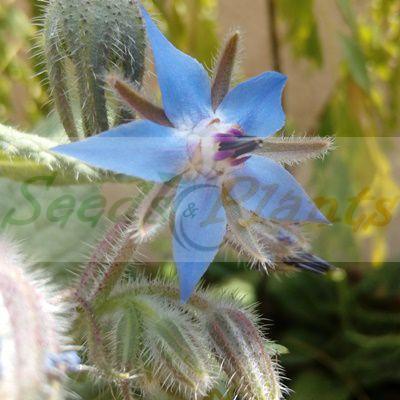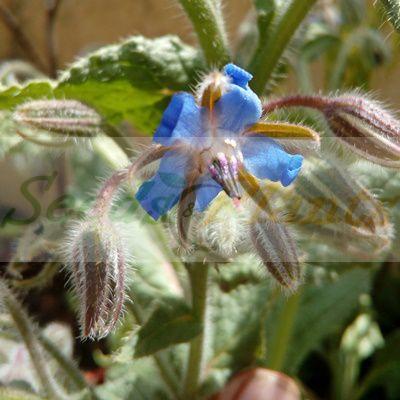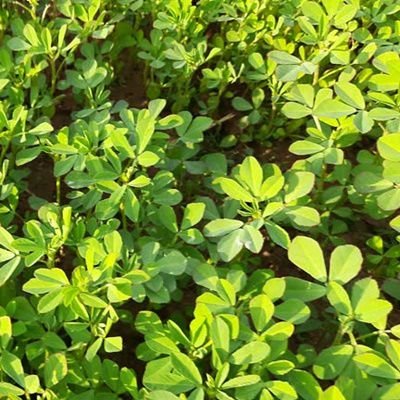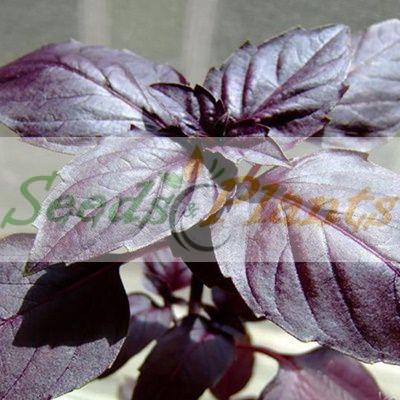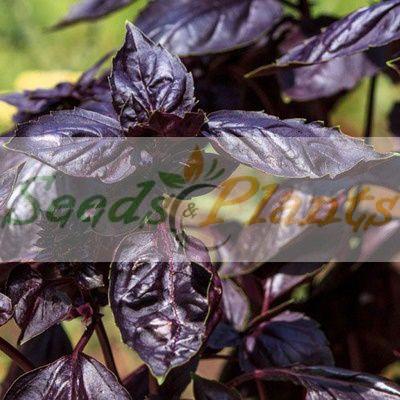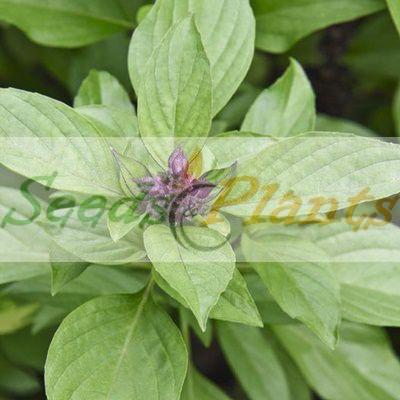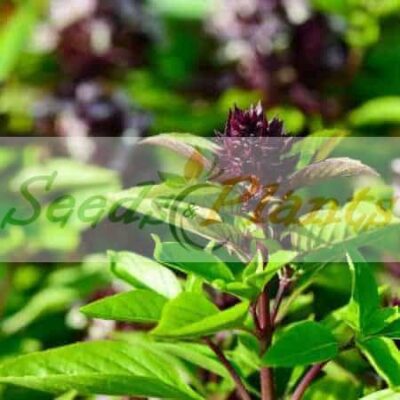🌿 Herbal Quick Facts
Medicinal Info
- 🌍 Origin / Region: Caucasus, Eastern Mediterranean, Northern Iran, Southern Europe, Western Asia
- 🌿 Medicinal Part: Flower, Leaf, Stem
- 🍵 Herbal Preparation: Decoction, Essential Oil, Extract / Tincture, Infusion / Tea, Ointments/Creams
- ⚕️ Healing System: Ayurvedic System of Medicine, Chinese Traditional Medicine, European Traditional Medicine, Unani System of Medicine
Culinary Info
- 🍽️ Culinary Use: Beverages/Teas, Desserts, Garnish, Jams and Jellies, Marinades/Dressings, Oils / Vinegars, Salads, Sauces, Stuffing, Vegetable dishes
- 🥗 Edible Part: Flower, Leaf
- 😋 Flavor Profile: Citrusy
Growth Traits
- 🌱 Life Cycle: Perennial
- 🌾 Plant Type: Herbaceous Perennial
- 🦋 Pollinator Method: Attracts Bees, Attracts Butterflies
- 🪴 Growth Habit: Bushy, Clumping, Spreading, Upright
- 🌸 Flower Color: Pale yellow, White
Growing Requirements
- 🌞 Sun Exposure: Full Sun, Partial Shade
- 💧 Water Needs: Avoid Overwatering, Moderate Water
- ☀️ Growing Conditions: Cold Tolerant, Drought Tolerant, Frost Tolerant, Heat Tolerant
- 🟤 Soil Preference: Moist, Rich Organic, Tolerant of most soils, Well-Drained
Lemon Balm – 100 Seeds
(Melissa officinalis)
R30.00
Lemon Balm grows as a bushy, leafy herb with a pleasant lemon smell and small white flowers. The herb has both culinary and medicinal uses.
Common Names: Melissa, sweet balm, honey plant, balm mint, garden balm and English balm.
Indoor Sowing: Late Winter and Early Spring.
Direct Sowing: Early Spring.
Out of Stock
Email me when the product is back in stock.
🌿 Herbal Quick Facts
Medicinal Info
- 🌍 Origin / Region: Caucasus, Eastern Mediterranean, Northern Iran, Southern Europe, Western Asia
- 🌿 Medicinal Part: Flower, Leaf, Stem
- 🍵 Herbal Preparation: Decoction, Essential Oil, Extract / Tincture, Infusion / Tea, Ointments/Creams
- ⚕️ Healing System: Ayurvedic System of Medicine, Chinese Traditional Medicine, European Traditional Medicine, Unani System of Medicine
Culinary Info
- 🍽️ Culinary Use: Beverages/Teas, Desserts, Garnish, Jams and Jellies, Marinades/Dressings, Oils / Vinegars, Salads, Sauces, Stuffing, Vegetable dishes
- 🥗 Edible Part: Flower, Leaf
- 😋 Flavor Profile: Citrusy
Growth Traits
- 🌱 Life Cycle: Perennial
- 🌾 Plant Type: Herbaceous Perennial
- 🦋 Pollinator Method: Attracts Bees, Attracts Butterflies
- 🪴 Growth Habit: Bushy, Clumping, Spreading, Upright
- 🌸 Flower Color: Pale yellow, White
Growing Requirements
- 🌞 Sun Exposure: Full Sun, Partial Shade
- 💧 Water Needs: Avoid Overwatering, Moderate Water
- ☀️ Growing Conditions: Cold Tolerant, Drought Tolerant, Frost Tolerant, Heat Tolerant
- 🟤 Soil Preference: Moist, Rich Organic, Tolerant of most soils, Well-Drained
Lemon balm seeds. Lemon Balm (Melissa officinalis) is a member of the mint family and is a perennial herb. It is known by many names such as Melissa, sweet balm, honey plant, balm mint, garden balm and English balm. It grows as a bushy, leafy herb with a pleasant lemon smell and small white flowers.
Fresh or dried leaves can be used to make herb teas, while leaves will give a lemony kick to salads, sauces, vinegars and fish dishes – they are best used fresh, rather than cooked. Dried leaves are added to potpourris and herb pillows.
Lemon Balm Medicinal Uses
Lemon balm has long been taken as a tea to soothe, encourage focus, and reduce stress. It has a reputation for reducing anxiety, restlessness, and insomnia, and has historically been used to treat indigestion, gas, and bloating. Lemon Balm extract is a concentrated source of potent essential oils and plant compounds that have antiviral activity, Research has shown that it has antiviral effects against avian influenza (bird flu) and enterovirus 71.
Growing Lemon Balm
Indoor Sowing: Late Winter and Early Spring.
Direct Sowing: Early Spring.
- The seeds need light to germinate, so surface sow on moist seed-starting mix and do not cover the seeds with soil or barely cover with a very thin layer of soil.
- Keep the soil consistently moist, but not soggy, until germination.
- Germination in about 14 days at a soil temperature of 19-21°C.
- After seeds have germinated, transplant seedlings to their own pots when they are large enough to handle.
- This herb grows best in moist soil with good drainage, in full sun or partial shade.
- The plant will remain green during mild winters.
- It responds very well to hard pruning, growing back twice as thick.
Can this plant be used for culinary purposes?
Lemon Balm is traditionally used for culinary purposes such as beverages/teas and desserts.
Does this plant have medicinal uses?
Traditionally, Lemon Balm has a history of use in various healing systems, including Ayurvedic System of Medicine and Chinese Traditional Medicine. Seeds are sold for cultivation purposes only.
Disclaimer
Medicinal Information:
All medicinal information on this website is for educational and informational purposes only and may not be construed as medical advice. The information is not intended to replace medical advice or treatment offered by healthcare professionals.
Seeds, Plants, Plant Cuttings, Geophytes and Dried Herbs:
In some countries and provinces, certain plants are deemed as invasive and are not allowed to be planted at all, whilst some plants are allowed to be grown only in certain areas or provinces. The onus is on you as the buyer to familiarize yourself with the regulations pertaining to your location, before purchasing any of our seeds, plants, plant cuttings, geophytes or dried herbs. We will not be held liable, should you purchase any seeds, plants, plant cuttings, geophytes or dried herbs. from us which are prohibited in your country or province.

